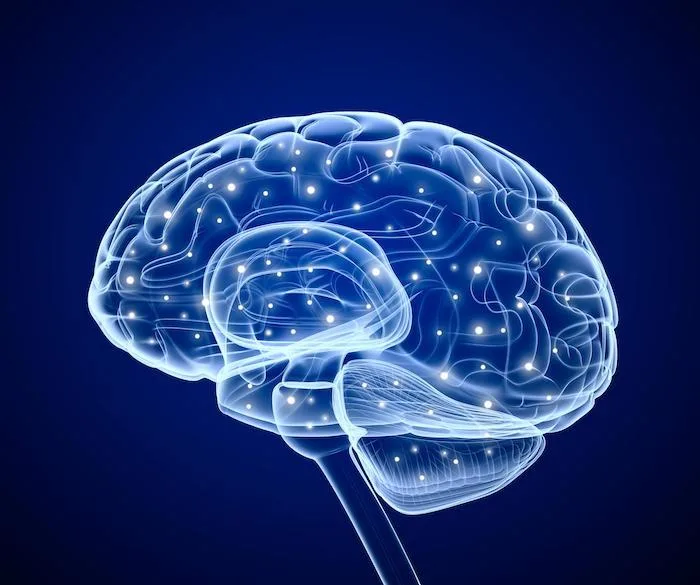In 2025, the world of medical technology witnessed a historic leap. Researchers from Mass General Brigham, in partnership with Boston Children’s Hospital and Dana-Farber/Boston Children’s Cancer and Blood Disorders Center, introduced a new AI-powered method that predicts brain tumor relapse in children with exceptional accuracy.
This innovative approach, called “temporal learning,” analyzes sequences of MRI scans taken over time. By identifying subtle changes post-treatment, the AI system reaches prediction accuracies between 75% and 89%, far surpassing traditional methods, which struggled at around 50%. The breakthrough was published in the prestigious NEJM AI journal on April 24, 2025.
Using a robust dataset of 3,994 pediatric MRI images, the team developed a self-supervised learning model. This allowed the artificial intelligence to independently recognize hidden patterns linked to tumor recurrence, providing doctors with earlier and more reliable warnings.
The implications are profound. Temporal learning could drastically reduce unnecessary exams, minimizing stress for young patients and their families. It also enables medical teams to focus interventions more precisely on high-risk cases, potentially improving survival rates and quality of life.
Beyond pediatric brain tumors, researchers believe this method could be adapted to monitor other forms of cancer and chronic diseases, ushering in a new era of predictive medicine. As AI technology continues to integrate with healthcare, innovations like these highlight the promise of a future where earlier interventions save more lives.


